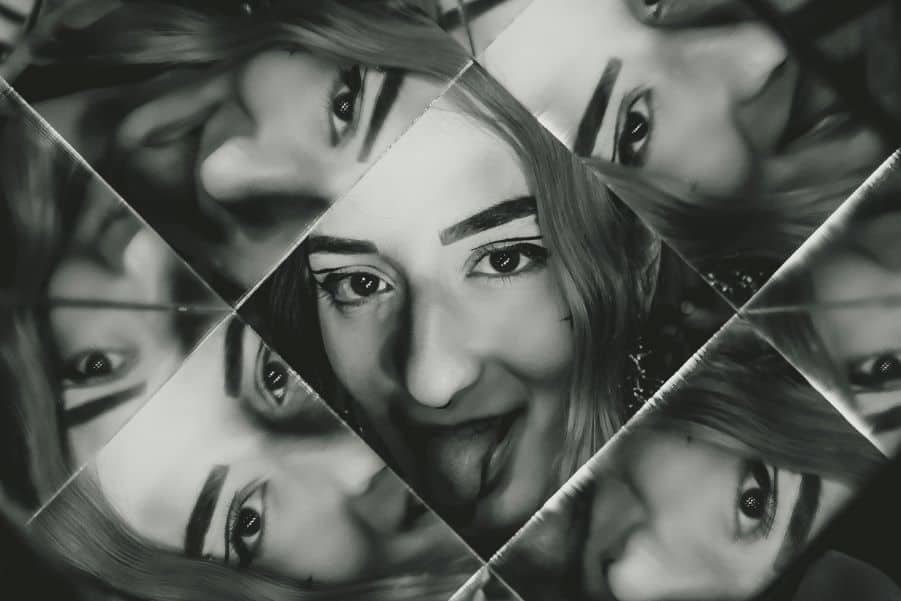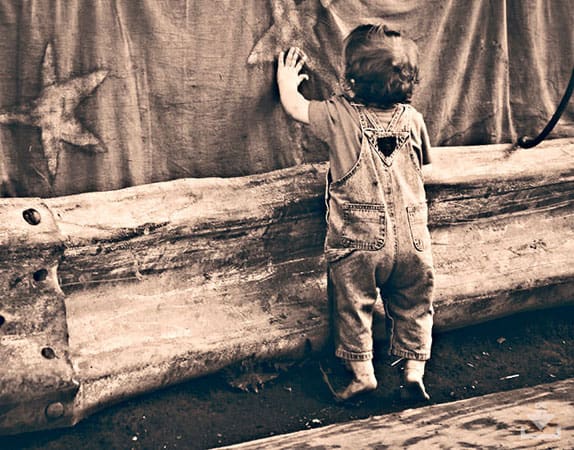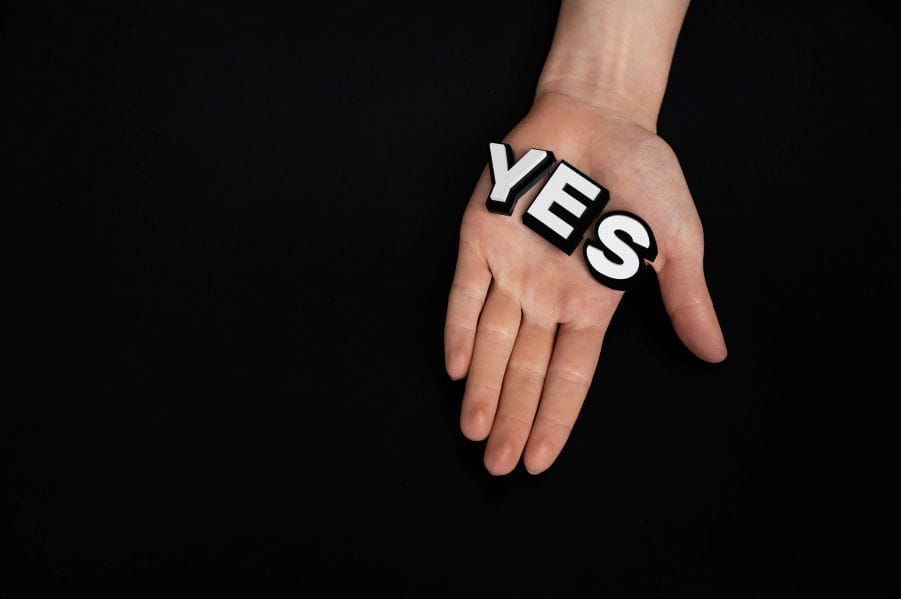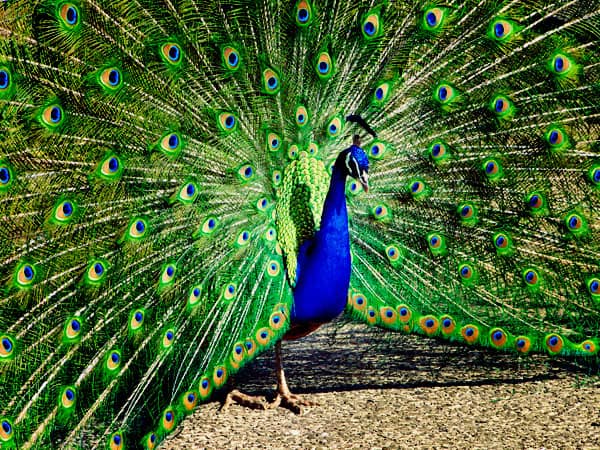How stories build your beliefs and determine your success
Reading time: 5 minutes 10 seconds
In his book ‘Sapiens’, Yuval Noah Harari makes a very powerful point about human beings building so much of reality from the stories they learn to buy into.
He explains how corporations, nations, religions, concepts such as money and even the economy are all stories that people agree on. They have a very real world impact.
We build so much of the reality of this world by the stories we tell ourselves about how things work. We invent ideas and stories that we can use to bring people together, to get people to take action, to get people to buy something or vote for us.
In order to change your beliefs and feel better about the world, you need to understand how beliefs actually work. To know how beliefs are actually built and how they change, you must first understand the power of stories.
THE STORIES WE ARE TOLD
We live in a world full of stories. The stories we are told by ourselves and by others determine how we experience the world. Some of these stories help us. Some of these stories empower us. Some of these stories harm us and can make us miserable.
There are the stories we tell ourselves. The story you tell yourself in your bathroom mirror about how you look. The story you tell yourself about why you’re single. The story you tell yourself about why your partner is wrong.
There are the stories we’re told by others. The story about who is good and who is bad. The story about what we should be afraid of. The story about what we should care about.
Things have happened in your life. The stories we tell about what’s happened, why it’s happened, why it matters, what it means, and what it leads to… are… in short…. the most important way that our brain handles reality.
FROM PREDICTION TO BELIEF
Our brain makes predictions about the world so it can effectively behave. It does so by two kinds of actions. First, internal action where it regulates what is known as our body budget. (provides our bodies with the requisite chemicals and elements it needs at that moment) Second, external action in the form of the behavior we engage in to succeed in the world. These actions take place as a result of its efforts to keep us alive.
Prediction error is when there is a gap between what we are predicting and reality. We try to remove prediction error by adjusting our predictions accordingly. In a nutshell, we learn. As we learn, we try and make sense of the world. We do this through stories of cause and effect, meaning and equivalence, generalization and categorization. We use words like IS, BECAUSE, MEANS and SO and we find ourselves full of all kinds of ideas on what is going on. Many of those ideas, we have a feeling of certainty about. These are what we call beliefs.
FROM PATTERNS TO STORY
We know from the science of story that our brains are wired to try and make sense of experiences in the form of story. To make better predictions, our brains are great at pattern recognition. We must pay attention to patterns and what interrupt those patterns.
A story is a pattern interrupted. Once upon a time, this person wanted X BUT something stopped them. Things are going well. Things are going bad. Things are bad. Things are good. We need to understand how the world works and stories provide us with the ability to simulate reality. Life is our patterns constantly being built and interrupted.
If patterns last too long, we get bored and run on autopilot. If patterns don’t last for long, we find ourselves anxiously shifting in a world of uncertainty. The perfect rhythm is built through story. Stories offer us the universal truth of constant change. As Story expert, Robert McKee once mentioned, they are the ‘equipment for living’.
THE BELIEF/STORY CYCLE
Our stories build our beliefs and then those beliefs reinforce more stories.
It is a cycle that continues to show us the world we believe in. Our community and culture influence the stories we buy into. The actions we take cause us to reinforce these beliefs and stories. We use logic to justify them. We believe what we want to believe to keep us in a place where we get what we want to feel out of how we make sense of the world.
So what does all this mean? Why is this useful to know?
TO CHANGE YOUR BELIEF, CHANGE YOUR STORY
When you just try and change a belief, often it won’t work. Why? Because that belief is connected to a whole belief system and collection of stories. Your brain will actively try and adjust the stories so that you aren’t wrong. We don’t like being wrong because of what that means. Being wrong back in the day could mean death by a sabre tooth tiger.
When you work on the story instead, you get to deconstruct it in the way it has been constructed in the first place. Stories suggest that A causes B. You told yourself that story and that became your belief.
STEPS TO CHANGE
To change your beliefs, you have to start first by understanding what are the stories you are telling yourself about that idea? How do things work? How are things related? What does the story suggest? What is the meaning of the story?
Next, how accurate are those stories? Who told you them? How credible are they? Do the stories make sense to others? What other stories do people have that differ from your accounts? Why are they different?
Next, how much are you attached to these stories? Are you incentivized to believe them? Do they serve to keep you in a disempowered yet comfortable state of mind?
How else could this story be told so that it empowers and helps you?
THE BEGINNING OF BELIEF LEADERSHIP
When you start asking these questions, you begin the process of changing your mind. We don’t just rethink individual beliefs but the stories that the beliefs have been built by and those they reinforce.
To me, this is hugely important stuff. So much so that most of my work is centered around the concept of ‘Belief Leadership’. This is based upon the idea that the world is not created by information or ideas but belief. We need to master the art of cultivating belief to be successful in life and business.
Harari’s book very much leans into the power of the stories we tell ourselves and are told by others. So much of history is a result of this. We currently live in a world where the competing stories and narratives about what’s going on, about what’s right and wrong, and about who is good and bad, are being fought out publicly online.
COVID. BREXIT. Trump. Ukraine. The concepts of mainstream narrative and science are being questioned. Everyone says ‘Do your own research’ but people don’t even know where to start. Everyone’s voice is louder because of the internet. We are living in a time of story wars.
We need to understand how beliefs work. Our future depends on it.
Thanks,
Owen.
P.S. In the latest Changing Minds podcast episode, I had the privilege of chatting with Adam Boyd where we explored selling through asking. You can watch or listen to the episode here.





